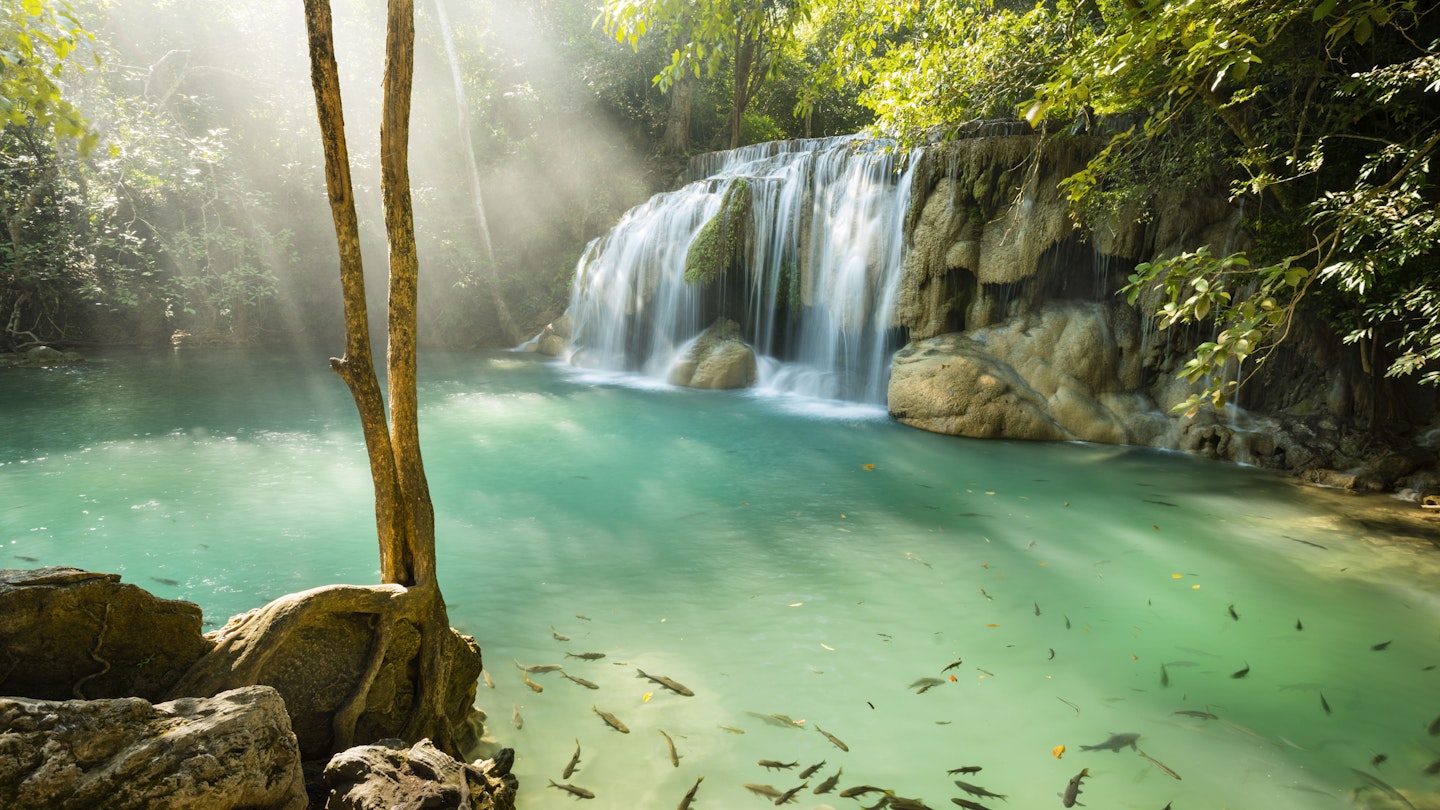Thailand’s National Parks: Protecting Wildlife Through Seasonal Closures
During the global lockdown caused by the coronavirus pandemic, animals have begun to reclaim areas usually dominated by human activity. From the picturesque canals of Venice to entire towns in Wales, wildlife has flourished in these now-empty spaces. To promote the continued protection of its wildlife, Thailand is implementing a plan to close all of its national parks for two to three months each year.
Temporary Closures for Conservation
The Department of National Parks, Wildlife and Plant Conservation in Thailand took a significant step by closing the country’s 133 national parks on March 25 to limit visitor access. Consequently, park rangers have reported an increase in wildlife sightings, including rare fish that had not been observed for over a decade. The parks remain closed until further notice, as stated by the Tourism Authority of Thailand.

Impact of Seasonal Closures on Biodiversity
Approximately half of Thailand’s national parks are already closed during the monsoon season for safety reasons and to aid ecological recovery. Notably, some popular beaches, such as Maya Bay, known for its appearance in the movie The Beach, have been shut down due to the effects of overtourism. Before its closure, Maya Bay experienced an overwhelming influx of visitors, peaking at around 5,000 tourists daily, which led to severe coral degradation.
According to Thanya Netithammakun, the director-general of the department, “The absence of tourists leads to wildlife recovery,” highlighting how essential these measures are for ecological restoration.

Plans for Future Management of National Parks
Each national park is required to submit a closure plan to the government, detailing their proposed months of closure, which should be at least two months annually. The Department of National Parks, Wildlife and Plant Conservation will assess these plans and announce any necessary adjustments after careful evaluation.
As one of Southeast Asia’s most significant biodiversity hotspots, Thailand is home to a wide array of wildlife, including elephants, tigers, bears, and approximately 10% of the world’s bird species. The country has faced 3,102 cases of coronavirus, making it the first nation outside China to detect an infection.




